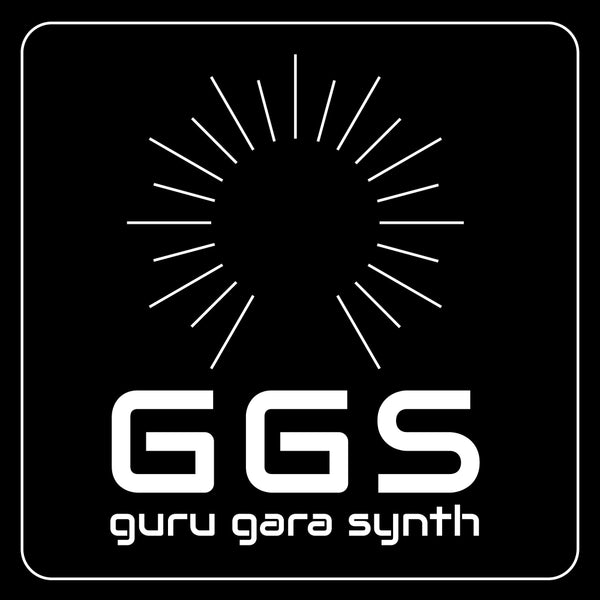Building electronic circuits can be a rewarding hobby or professional endeavor. While you can invest in professional tools, many beginners can get started with simple, affordable items found around the house or at local hardware stores.
Here are some essential tools to consider:
Basic Tools:
- Soldering Iron: A fundamental tool for connecting components together. Look for a beginner-friendly model with adjustable temperature.
- Solder: Lead-free solder is recommended for environmental reasons.
- Wire Cutters: For cutting wires to the desired length.
- Multimeter: A versatile tool for measuring voltage, current, and resistance.
- Breadboard: A perforated board for prototyping circuits without soldering.
Optional Tools:
- Tweezers: Useful for handling small components.
- Heat Shrink Tubing: Used to insulate and protect connections.
- Crimping Tool: For connecting wires with crimp terminals.
- Resistor Color Code Chart: A handy reference for identifying resistor values.
- Wire Strippers: Used to remove insulation from wires before connecting them.
- Component Holders: For organizing small components.
Remember, safety first. Always work on a non-flammable surface and wear safety glasses to protect your eyes. Start with simple projects and gradually increase the complexity as you gain experience.
Recommendations for some beginner-friendly electronic projects
- Active Multiple: Clones the input.
- Matrix Mixer: 4x4 mix matrix for mixing both audio and CV signals
- 4024 Sub Oscillator: Generates sub octave for layering.
- 3360 VCA: Voltage controlled amplifier based in CEM3360/AS3360 IC

